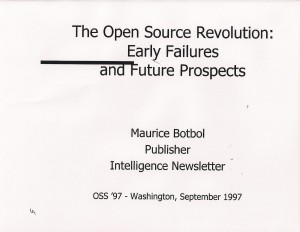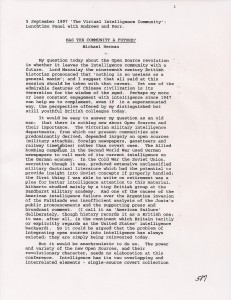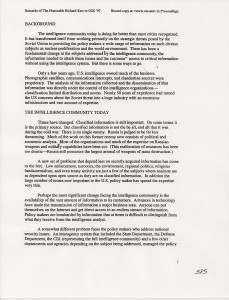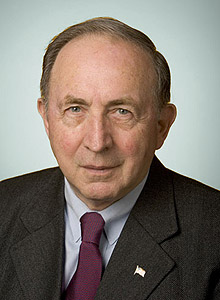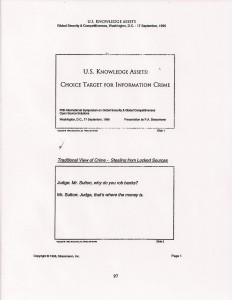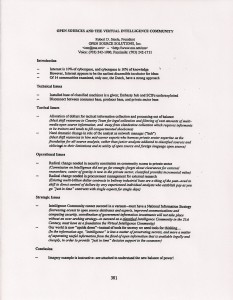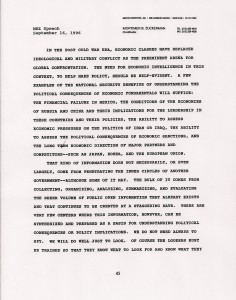Maurice Botbol was among the first professional observers to notice the conflict between the secret intelligence world's view of open sources as “Open Sores,” and the competing view of open sources as both complementary and often sufficient. Below is his presentation to OSS '97. His most trenchant observations are regretably not included in the document. Click on his photo to reach his publishing company.
